10 worst jobs that were offered on the labor market at the beginning of the 20th century
Categories: History
By Pictolic https://pictolic.com/article/10-worst-jobs-that-were-offered-on-the-labor-market-at-the-beginning-of-the-20th-century.htmlEvery person sometimes thinks that he has the worst job on the planet. But any modern job is no match for some of the jobs in the early 1900s. There was no overtime pay back then, and people often worked 12-hour days, six days a week. The salary was barely enough for food. There was no health insurance, no sick leave, and no one cared about the safety of workers. In our review, the worst vacancies in the labor market.
(Total 10 photos)
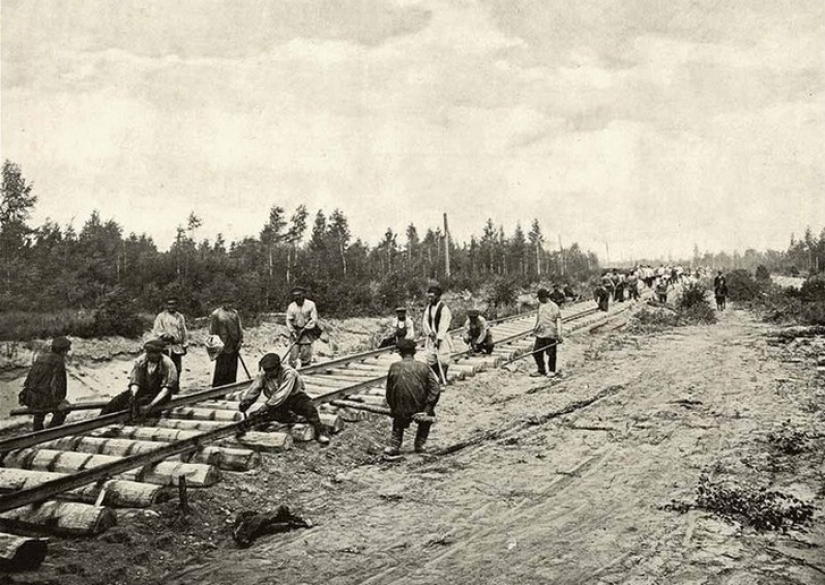
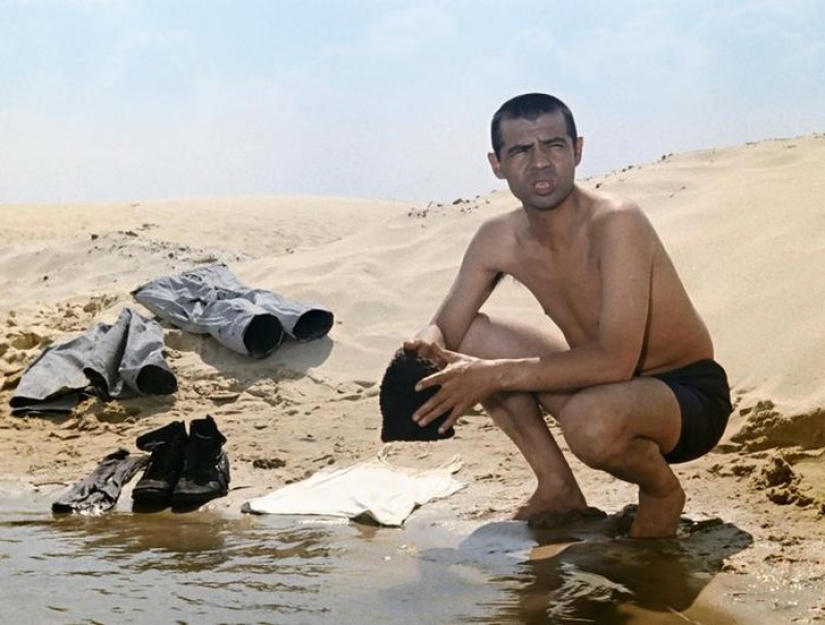
1 Horse Urine Collector
In the 1930s, a Canadian medical establishment needed the urine of pregnant horses to extract estrogen from it. At that time, estrogen was used to relieve the symptoms of menopause. On farms in Canada, special people have begun to be hired to collect horse urine for sale. When the mare showed signs of wanting to pee, a piss collector was already rushing towards her with a bucket. With the invention of synthetic estrogen, such collectors were no longer needed.
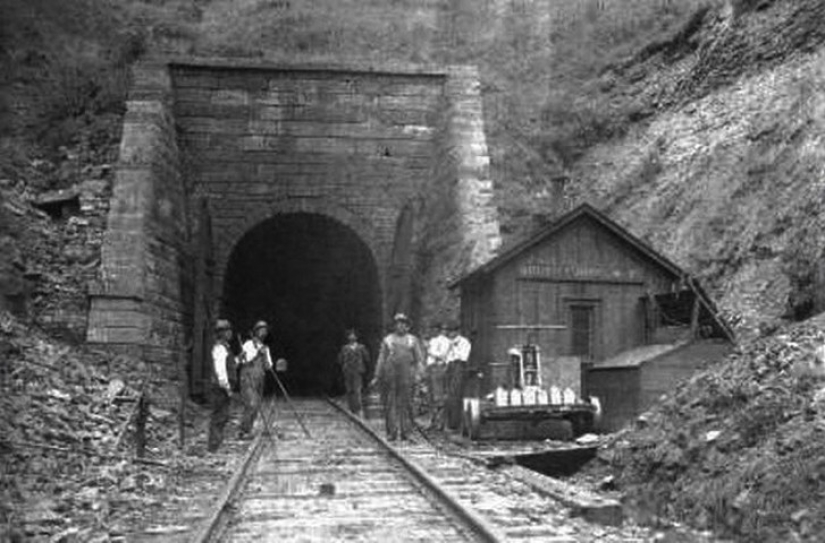
2. Keeper of tunnels
In the 1900s, most of all goods were transported by trains. Naturally, companies wanted to be sure of the safety of their cargo, so thousands of people were hired to make sure that the railroad tracks were intact. There was even the position of a tunnel watchman, who, before the arrival of each train to the tunnel, had to check the tracks in it and free them from debris and obstacles. Such watchmen lived right near the tunnels in small huts.
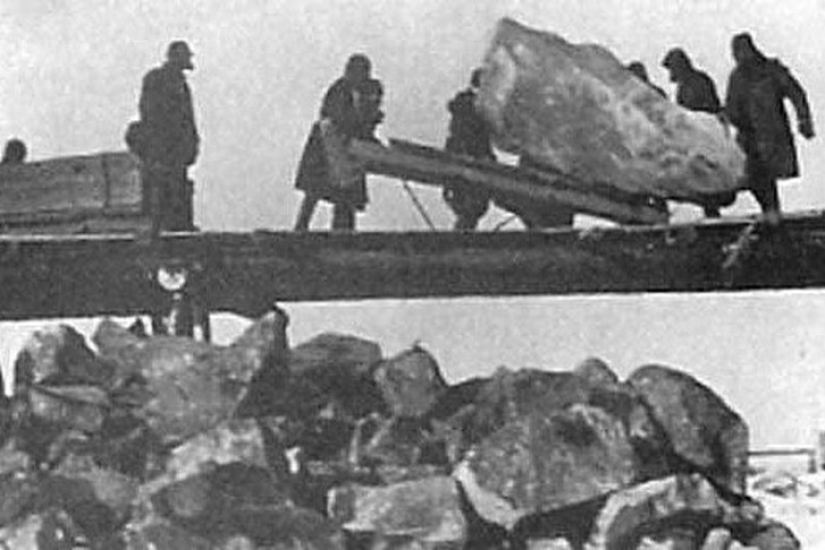
3. Channel digger
Although the French began building the Panama Canal in the 1800s, in 1902 (under President Theodore Roosevelt) the construction was turned over to the United States. The main reasons for this refusal of France's services were serious technical problems and a large number of builders who died from various diseases. More than 20,000 workers died during the construction of the canal by the French. When the canal was completed by the Americans, another 5,600 people died. Armed only with shovels, the men dug the canal in appalling conditions. Malaria and yellow fever also claimed many lives during the construction of the Panama Canal.
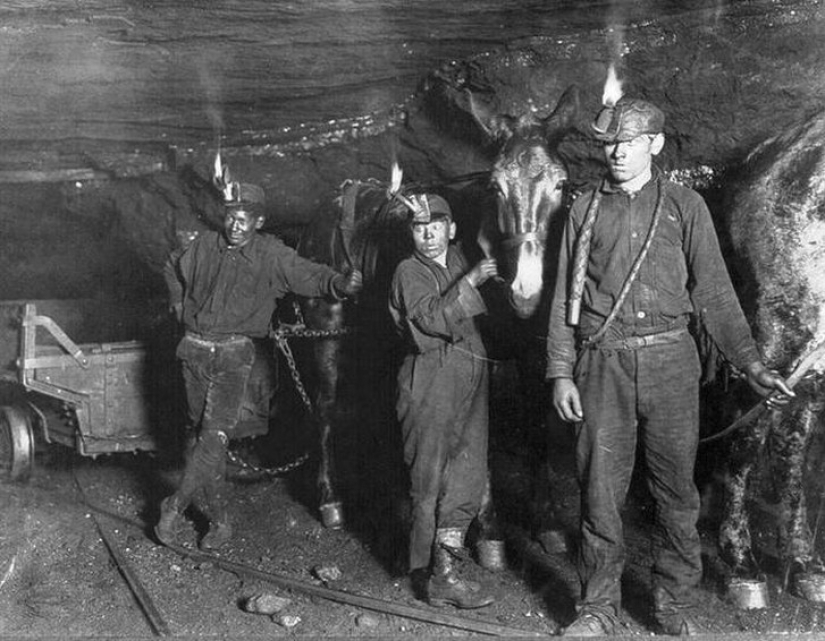
4. Trolley stopper
In regions where coal was mined, there used to be a position of "trolley stopper", which was usually hired by fast and agile boys. These boys carried with them 20 to 30 long pieces of wood called "pinch rollers". They ran alongside the loaded trolleys as they rolled down the hill. To prevent the trolleys from accelerating too fast and not flying off the tracks, the “stoppers” boys periodically put sticks in their wheels. Such work was very dangerous, accidents were frequent.

5. Dancer Gandhi
The Gandhi dancers did backbreaking work. These people were the poorest immigrants from Ireland, Italy, China, Mexico, and African Americans. "Dancers" were hired by railway companies, and their duties included raising the railway track with metal poles and compacting the gravel under it. They worked in teams of four or more, and each team served about 24 kilometers of railroad. Where this name came from is still unknown. By 1950, railway repair machines were finally invented, and Gandhi dancers were no longer needed.
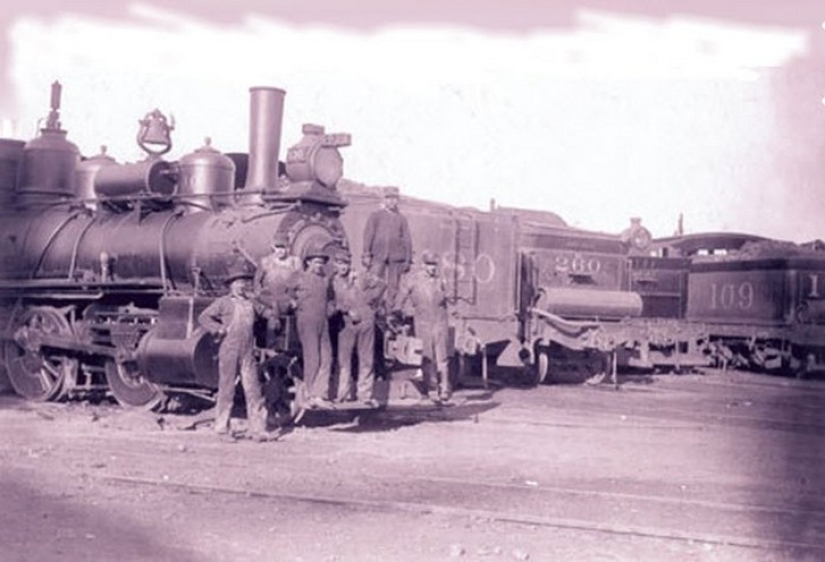
6. Fire hammer
Firehammers were another hell of a job offered by the railroad companies. After the completion of the voyage, the train was parked at the railway depot. Fire hammers cleaned the engine of soot and cooled it with water. This job may seem simple, but it did not comply with any safety standards at all. Very often, workers were injured limbs or even died.
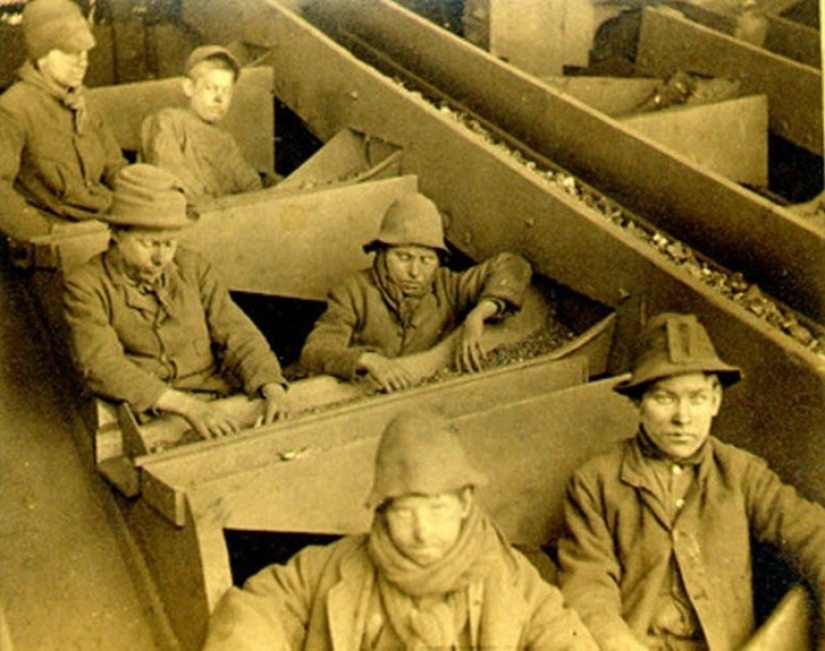
7. Butoboy Boy
Life inside the coal mines was unbearable not only for the miners, but also for the boys who worked as butoboys. For the position of butoboys - ore sorters - children of 8-12 years old were hired, who were forced to work, hunched over the gutters, for 12-14 hours every day. He sorted the coal and shale that came from the mine. These young guys were completely covered in black dust, which also filled their lungs. Historical sources say that with each exhalation, a cloud of dust flew out of their nose. There were also regular cuts, scrapes, and broken bones. Sometimes the boys fell into the gutters, where they were chewed up by the machinery.

8 Lighthouse Keeper
Working in a lighthouse was not as dangerous as working in a coal mine or on a railroad. But earlier, when there were no electric searchlights, the keepers were forced to always live at the lighthouse. The working day began before dusk, the caretaker had to check the lamp, fill it and light it. And throughout the night he was obliged to ensure that the lamp did not go out. At dawn, the lamp was turned off, and all equipment was thoroughly cleaned. In addition to nightly duties, the caretaker and his family were responsible for the upkeep of the lighthouse. Their work has been described as lonely and insanely boring.
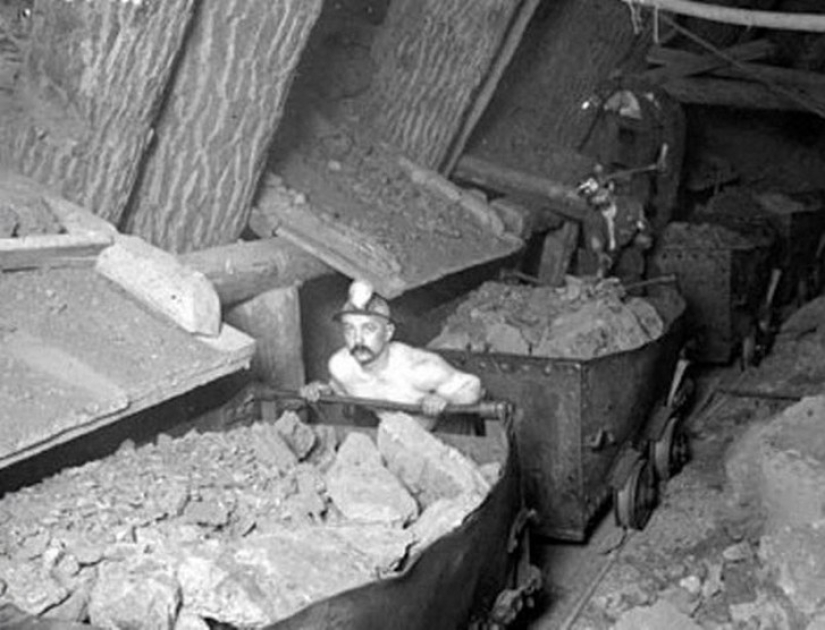
SourcePhoto 9Copper Mine Cart Delivery Man
Deep in the copper mines, cart deliverers filled them with copper ore with shovels, then rolled them to the exit... with their bare hands. It was a real hard labor, associated with wild loads and a constant risk to health.
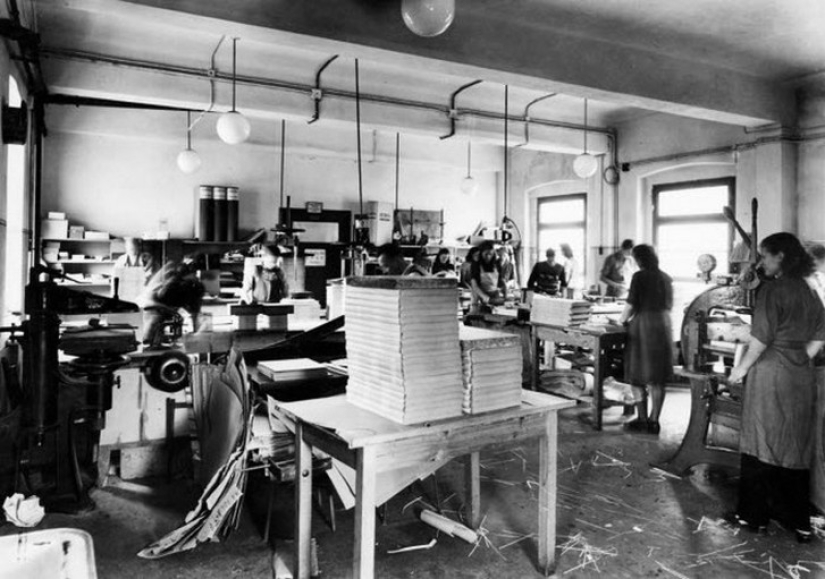
10. Binder
In the early 1900s, women worked just as hard as men. Binders were hired to work on the presses that stitched together the pages of books. At first they stitched the pages by hand. But then came the equipment, and such work became a little easier. But the fingers of the staplers often fell under the press, and injuries became commonplace. They paid for such work $ 15 for a 48-hour work week.
Recent articles

It's high time to admit that this whole hipster idea has gone too far. The concept has become so popular that even restaurants have ...

There is a perception that people only use 10% of their brain potential. But the heroes of our review, apparently, found a way to ...
Related articles

Certainly, the job of a Keeper on a desert island and perevorachivatel penguins at Antarctic stations heard everything. Some of ...

Basically, employers need specialists who understand the familiar and familiar industries: economics, medicine, engineering, and ...

Cats are everywhere, where live and work people. There are some in the places where they seemingly did not place. For example, in ...

New Year's is a time to surprise and delight loved ones not only with gifts but also with a unique presentation of the holiday ...